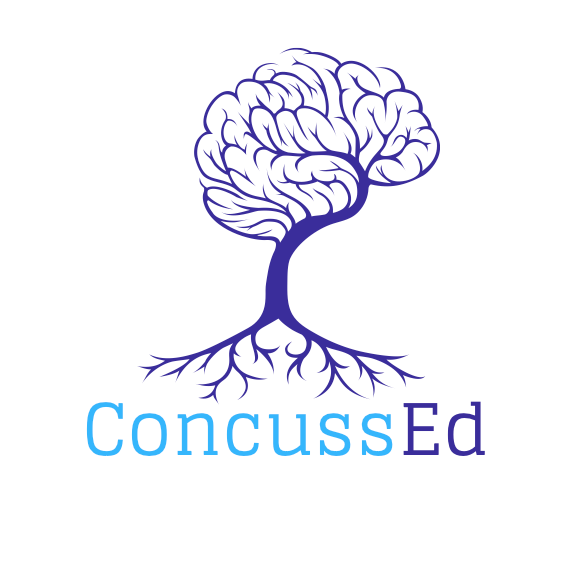It appeared in the media recently with professional rugby players filing lawsuits and many sports governing bodies facing criticism about their lack of concussion prevention protocols.
But what can non-elite athletes, students, and supporters within the sports community do? The Student spoke to Dr Stephanie Adams, founder of ConcussEd about the group and what we can do as a community to improve concussion awareness.
Some readers may be very familiar with concussion and the work of ConcussEd but others may never have heard of it. The following questions and answers should provide an insight into the topic and some actions individuals can take.
What is concussion?
Dr Adams explained concussion is a brain injury that occurs when there is direct or indirect impact to the head or neck area. She added that are many common misconceptions around concussion, such as, that you must lose consciousness to be concussed.
Dr Adams said the difficulty surrounding concussion is that it presents itself in different ways depending on the person: “there are physical symptoms, cognitive symptoms, emotional, and sleep symptoms.” The methods of recognising concussion and taking appropriate action are summarised in the Scottish Sports Concussion Guidance which emphasises “if in doubt, sit them out.”
Why is concussion so important?
Dr Adams mentioned that concussion doesn’t only affect one person. It affects their friends and family, their training schedules, interactions and with students, their studies. “It is a brain injury, but it is very much a full body injury in many ways as well – there’s a physical component, a mental health component and it can be a challenging injury.”
Dr Adams noted that it increasingly important as we see that there is a potential connection between repeated concussions and neurodegenerative diseases. Thus there is a growing need for prevention and managing concussion well from the beginning. As she said, “you only get one brain.”
What is ConcussEd?
ConcussEd is a group which aims to enhance education, research, and practice in concussion recognition, management, and prevention.
Dr Adams explained that the group works alongside student athletes, parents, coaches and officials from groups including the Scottish Student Sport and the Edinburgh University Sports Union, seeking to empower student athletes and to ensure “good science meets practice.”
How do you try to achieve this aim?
The group is a collaborative space for researchers, athletes and those involved in sport to share their concerns, new findings, questions, and stories. Its aim is to create a safe environment for knowledge exchange and in the future to be a self-sustaining community that acts as the first stop for all concussion related queries.
Dr Adams explained that she and the ConcussEd team currently deliver a one-of-a-kind education programme on the basics of concussion, concussion management, and prevention to raise awareness about its importance and the steps we as the sporting community can take.
What can we do about concussion?
As students, athletes and members of the sporting community there are many things we can do. Firstly, and most importantly to build our own knowledge and increase our own awareness of concussion symptoms, how to recognise it, and what we can do to prevent it. By beginning with education, this will create more conversations around the topic, change perceptions, and hopefully inspire others to update their knowledge of concussion.
The more we discuss and become aware of concussion the more the culture and taboo around it will change. There has already been positive change towards more open discussions around concussion, increasing research and understanding the importance of reporting instances, but Dr Adams added “there’s an opportunity to do better” and we will all play a vital role.
For more information about concussion and the work that ConcussEd do please see their Instagram: @concuss_edu and their website: www.concussioneducation.co.uk/
Image: ConcussEd

